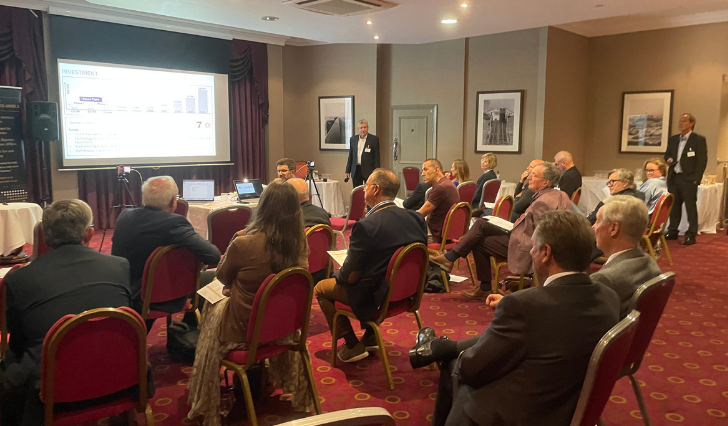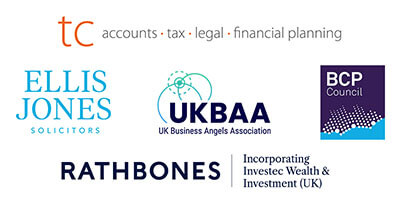Roger advised “When the time comes to sell a company, it is always desirable that the exit be a planned event instigated by the vendor. If this is not the case, the sale process can be rushed, occurring in a reactive fashion to unforeseen and unexpected events, and can compel owners to leave their businesses at short notice. This rarely results in a premium price being paid.
“When a business sale is not properly planned there is little opportunity to groom the company for sale. Proper preparation helps present the company as a desirable target to buyers and can be crucial in helping obtain serious, qualified acquirers that are prepared to pay a full price for it.
“Grooming for sale involves taking a realistic view of the business – its areas of strength, weakness and potential areas for improvement, and taking action where necessary to clean up identified areas. Your adviser will help you assess these as if you were the buyer, and then make adjustments which enhance value.
Financial aspects
“This involves reviewing both financial and non-financial aspects of the business and its operations. In the former category, for example, reviews of a company’s contracts, prices or balance sheet position may need to be undertaken. Your adviser will look for areas where savings can be made and controls strengthened. They may help identify non-core or surplus assets that could be disposed of to reduce ‘clutter’, or instances where certain business expenses could be reduced without adverse effect.
“Other examples could include a review of stock controls to reveal potential weaknesses impacting on your cost of sales, or a revaluation of assets to bring valuations up to current market levels. Taxation should be reviewed and any compliance issues or liabilities dealt with.
Other aspects
“The non-financial aspects of a business can be equally important. A business, for example, with significant owner-manager involvement may require a review of its management structure: acquirers may not be keen on a company that is dependent on one or two key individuals – especially if those people are exiting. It may be appropriate that a strong second-tier of management be gradually introduced for this reason. Other examples could include intellectual property: if the company has intellectual property rights, is their ownership properly established and recognised?
Best Practice
“Reviews of best practice in several areas may be instigated and more formal recording and reporting processes implemented. Due diligence in these areas is something you should expect when the time comes to sell – pre-empting these issues will make your company more efficient, enhance its value and make for a better ‘story’ for potential purchasers.
“It is very important that nothing new is uncovered by the acquirer later on in the due diligence process which could give them any leverage to chip away at the price. And overall, the result should be a higher price for your business, via a smoother and faster sale.”
About Saffery Champness LLP
Saffery Champness LLP is the 12th largest firm of chartered accountants in the UK (by fee income), providing specialist advice to a wide range of professional practices, entrepreneurs, private clients individuals, and not-for-profit organisations.
For 160 years, the firm’s success has been founded upon providing clients with a genuinely partner-led service, and working with them to create bespoke solutions that help them to achieve their personal and business objectives.
Saffery Champness has almost 70 partners and nearly 600 staff in the UK, across nine offices, plus a presence in Guernsey, Geneva and Zurich, with 140 directors and staff based outside the UK.
Saffery Champness is also a member of the Nexia International network (Nexia). Nexia is a leading, global network of independent accounting and consulting firms, spanning over 120 countries.
Visit www.saffery.com for more information or see Twitter: @Safferys




